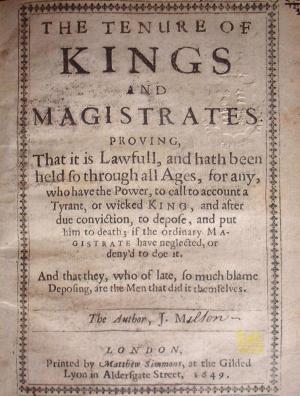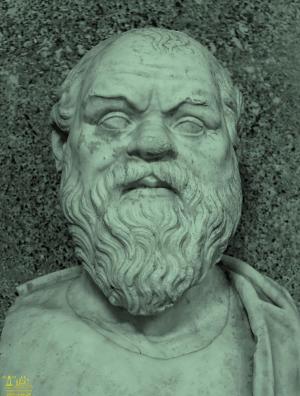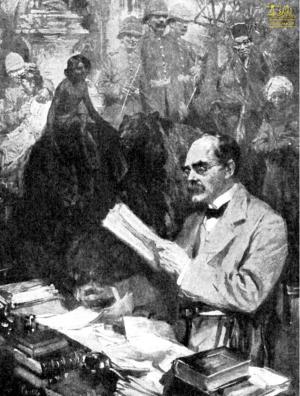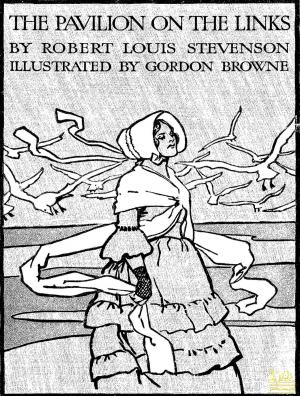Church Reform The Only Means to that End, Stated in a Letter to Sir Robert Peel, Bart. First Lord of The Treasury
Nonfiction, Entertainment, Drama, Anthologies, Fiction & Literature, Essays & Letters, Essays| Author: | Richard Carlile | ISBN: | 9780599460171 |
| Publisher: | Lighthouse Books for Translation Publishing | Publication: | May 19, 2019 |
| Imprint: | Lighthouse Books for Translation and Publishing | Language: | English |
| Author: | Richard Carlile |
| ISBN: | 9780599460171 |
| Publisher: | Lighthouse Books for Translation Publishing |
| Publication: | May 19, 2019 |
| Imprint: | Lighthouse Books for Translation and Publishing |
| Language: | English |
"On the principle of dissent from the Established Church, I have to observe, that it is desirable there should be no dissent; but then the Church should be invulnerable. There can be no popular dissent from any Institution that can be defended as good and best; and though I am instructed to allow that the general body of dissenters from the Church have dissented on very frivolous, even on indefensible grounds, (inasmuch as the Dissenters have not corrected in themselves the errors of the Church), there still remains the proof that where the Church has been assailed or dissented from, it has not been in a condition to defend and justify itself.
"It is said of the writings of the Old and New Testament, that they are allegorical, and that they contain the moral of human salvation from evil. Under this view, they may be true, and may be important as a matter of instruction. I so believe them to be true, and to be important as a matter of instruction; but as your Lordship may put me on the task of mentioning some particular facts and grounds on which I impugn the literal reading of the Sacred Scriptures, and may properly suggest that it is necessary this ground should be first cleared before we try them on the other ground, I submit, as two well-weighed and conclusive propositions:—
"The moral of the allegory belonging to each is throughout the same, and is an encouragement to the resistance and overthrow of the tyranny of man, when it appears in the open authority of a King, or in the covert authority of a Priest; and the preparing of a people to do this, and the doing it, is precisely what is meant by human salvation,—which is a sure and certain salvation from earthly evils.
"In so receiving the Scriptures of the Old and New Testament, I find them pregnant with the most important political and moral instruction. In receiving them according to the literal or historical reading, I find difficulties insuperable, and such as justify all that Thomas Paine or any other straightforward critic has advanced on the subject, while the moral and the allegory were concealed from their view.
"My remedy for the present difficulties, and my proposition \ for a Reform in the Church is, that no difficulties, mysteries, or superstition be allowed to remain attached to its doctrines and discipline; that the allegory of the Sacred Scriptures be avowed, the personifications taught upon their principles as known principles of nature, and not as personified incomprehensibilities; that the Church, in short, be made a school for the people, than which, if it originally meant any good thing, could mean no other thing, where from time to time all acquired or acquirable knowledge should be taught. On this ground, the utility of the Institution is evident, the benefit to the people certain, the idea of dissent inadmissible.
"In this first letter, I have thought it necessary only to give your Lordship the leading points of objection to the present doctrine and discipline of the Church. With details in proof, I can proceed to a voluminous length; and I now offer myself to submit to the catechism of your Lordship, or to that of any person whom your Lordship shall appoint to see me, with the distinct promise, that I will not evade the giving of a direct answer to any distinct and intelligible question that can be put to me upon any part of this important subject.
"On the principle of dissent from the Established Church, I have to observe, that it is desirable there should be no dissent; but then the Church should be invulnerable. There can be no popular dissent from any Institution that can be defended as good and best; and though I am instructed to allow that the general body of dissenters from the Church have dissented on very frivolous, even on indefensible grounds, (inasmuch as the Dissenters have not corrected in themselves the errors of the Church), there still remains the proof that where the Church has been assailed or dissented from, it has not been in a condition to defend and justify itself.
"It is said of the writings of the Old and New Testament, that they are allegorical, and that they contain the moral of human salvation from evil. Under this view, they may be true, and may be important as a matter of instruction. I so believe them to be true, and to be important as a matter of instruction; but as your Lordship may put me on the task of mentioning some particular facts and grounds on which I impugn the literal reading of the Sacred Scriptures, and may properly suggest that it is necessary this ground should be first cleared before we try them on the other ground, I submit, as two well-weighed and conclusive propositions:—
"The moral of the allegory belonging to each is throughout the same, and is an encouragement to the resistance and overthrow of the tyranny of man, when it appears in the open authority of a King, or in the covert authority of a Priest; and the preparing of a people to do this, and the doing it, is precisely what is meant by human salvation,—which is a sure and certain salvation from earthly evils.
"In so receiving the Scriptures of the Old and New Testament, I find them pregnant with the most important political and moral instruction. In receiving them according to the literal or historical reading, I find difficulties insuperable, and such as justify all that Thomas Paine or any other straightforward critic has advanced on the subject, while the moral and the allegory were concealed from their view.
"My remedy for the present difficulties, and my proposition \ for a Reform in the Church is, that no difficulties, mysteries, or superstition be allowed to remain attached to its doctrines and discipline; that the allegory of the Sacred Scriptures be avowed, the personifications taught upon their principles as known principles of nature, and not as personified incomprehensibilities; that the Church, in short, be made a school for the people, than which, if it originally meant any good thing, could mean no other thing, where from time to time all acquired or acquirable knowledge should be taught. On this ground, the utility of the Institution is evident, the benefit to the people certain, the idea of dissent inadmissible.
"In this first letter, I have thought it necessary only to give your Lordship the leading points of objection to the present doctrine and discipline of the Church. With details in proof, I can proceed to a voluminous length; and I now offer myself to submit to the catechism of your Lordship, or to that of any person whom your Lordship shall appoint to see me, with the distinct promise, that I will not evade the giving of a direct answer to any distinct and intelligible question that can be put to me upon any part of this important subject.















